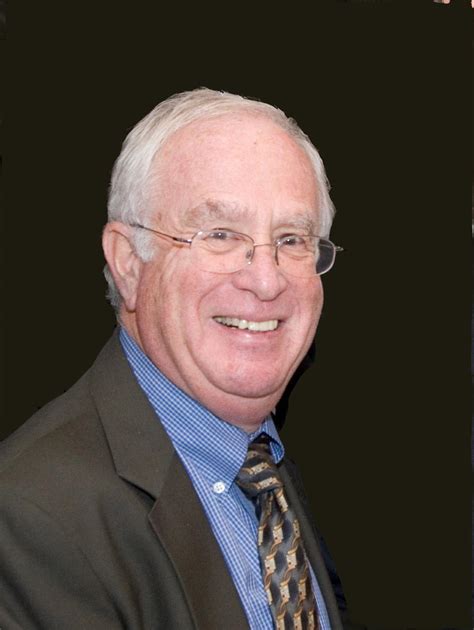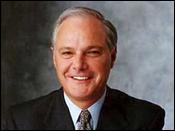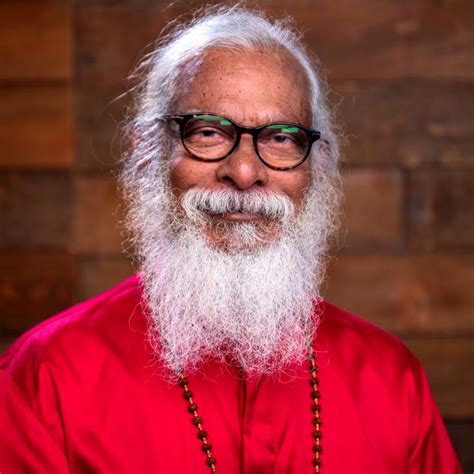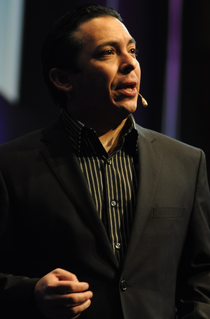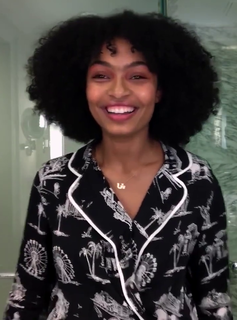A Quote by Clifford Geertz
People keep asking how anthropology is different from sociology, and everybody gets nervous.
Related Quotes
I've got a solid grounding in history, sociology, anthropology, philosophy, etc etc. That means I actually have a good idea about how societies change and evolve. I know how a lot of them have actually functioned through the years. I can put together a culture that's cool and different, while still being logically consistent, so that it feels real. So many fantasy worlds are either implausible, cookie-cutter, or both. Mine aren't.
Eighty five percent of Americans, year in and year out, say they believe everyone should have universal coverage. The problem is everybody has a different idea of how to make it work. And unfortunately what you have is 85 percent of Americans are reasonably well-insured. And when you start thinking about how you're going to get the remaining 15 percent, everyone gets very nervous.
Oral history is a research method. It is a way of conducting long, highly detailed interviews with people about their life experiences, often in multiple interview sessions. Oral history allows the person being interviewed to use their own language to talk about events in their life and the method is used by researchers in different fields like history, anthropology and sociology.






